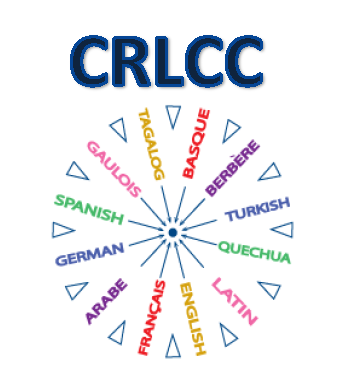Language contact can also be considered through hierarchy and domination.
Why isn’t there a South African French variety?
Cécile Vigouroux
Although South Africa is usually not associated with French and Francophone matters, its modern history is marked by a strong relation with the French and the Francophones, from the Huguenots in the 17th century, followed by French Mauritians two centuries later, to more recent waves of Africans coming from former French and Belgium colonies since the late 1980’s. Unlike its German counterpart, which was introduced to the Cape colony around the same time and under the same conditions, French has never indigenized nor, least of all, is it still spoken as a native or ethnic language by descendants of former settlers. On the contrary, it has lost grounds despite significant and constant migrations of Francophones to major South African urban centers.
Through a socio-historical analysis of the three migrations, I explore the factors that triggered the loss of French as a vernacular in favor, earlier, of Dutch, which would become Afrikaans, and, later, of English. I also examine how, in some social settings, it is now losing its ethnographic importance to African vehicular languages such as Lingala and Swahili among the more recent Francophone African migrants. In this comparative analysis, I wish to articulate some specific ways in which language vitality can be sustained and language speciation can develop in a given political and economic ecology.
190 línguas indígenas podem desaparecer no Brasil
According to the UNESCO almost two hundred indigenous languages in Brazil could disappear in the years to come.
Selon l’UNESCO, près de deux cent langues autochtones du Brésil pourraient disparaîtres dans les années à venir.
Quase duzentas línguas indígenas podem desaparecer no Brasil nos próximos anos, segundo a Unesco. A principal causa é o contato das tribos com a vida nas cidades, principalmente na Amazônia.
Our Languages – PREVIEW
“Part of the Indians in Brazil series, Our Languages relates the historic repression of indigenous languages in Brazil. Many Indian languages were nearly lost thanks to missionaries and merchants – who rewarded Indians for learning Portuguese with status and material gifts – and government-sponsored schools that punished children for speaking in their native tongues. In spite of all this repression, individual acts of resistance and cultural preservation mean there are still more than 180 Indigenous languages spoken in Brazil today.”
Inuit in the northernmost past of Quebec are worried about the survival of their language, Inuktitut. Hear their story. May 20 and 22, 2012 – CBC C’est la vie
Ukraine Seeks Linguistic Revival
The collapse of the Soviet Union left a complex mixture of ethnic groups in republics of the former empire. Their common language, Russian, expanded at the expense of native languages, which former Soviet republics are seeking to revive. Ukraine is demanding that students pass college entrance exams in Ukrainian, and the language is taught in all of the country’s elementary and high schools. But as VOA Correspondent Peter Fedynsky reports, the effort involves practical obstacles, even outright hostility from some who are content to speak Russian.
Riz Khan: Linguistic imperialism?
The video looks at the pros and cons of the spread of English as a global language and its impact on cultures and diversity.
Quelle langue pour partager les idées ? juste l’Anglais ? (in English)
The video discusses language loss and globalization of English.
Haiti’s class difference and language
Elmide Méléance from the Haiti Democracy Project, talks about class differences in Haiti, and clarifies Creole is the language of Haiti, and French is a second language, but because of the class difference, those who speak Creole, who are the largest population, have less opportunities than those who speak French.


